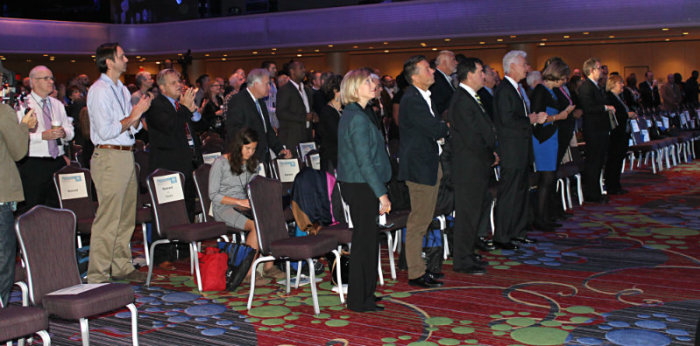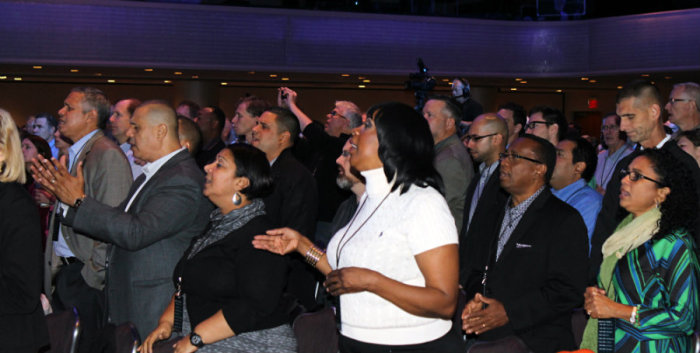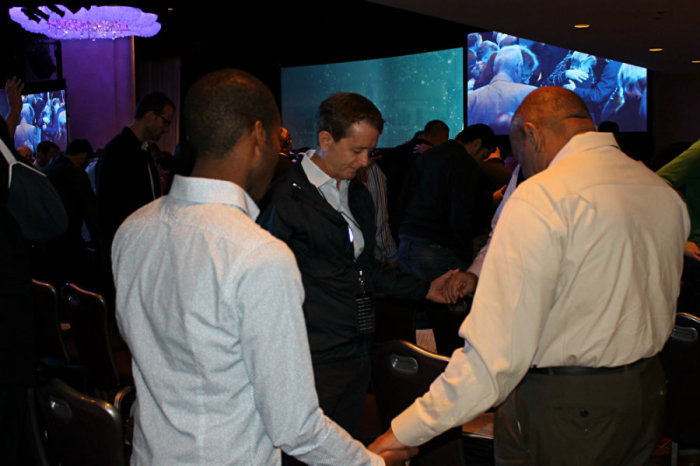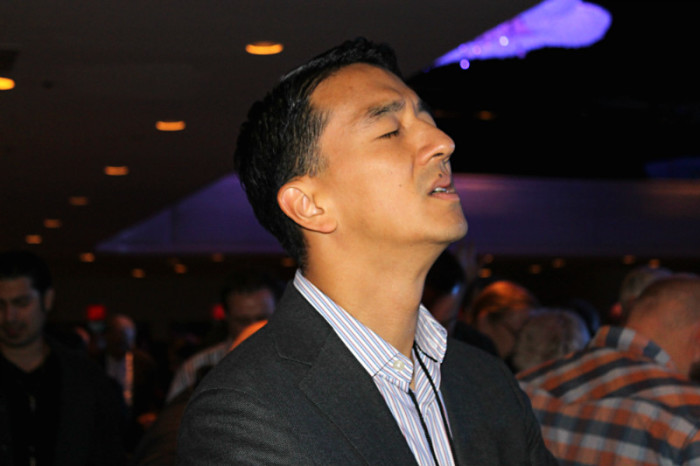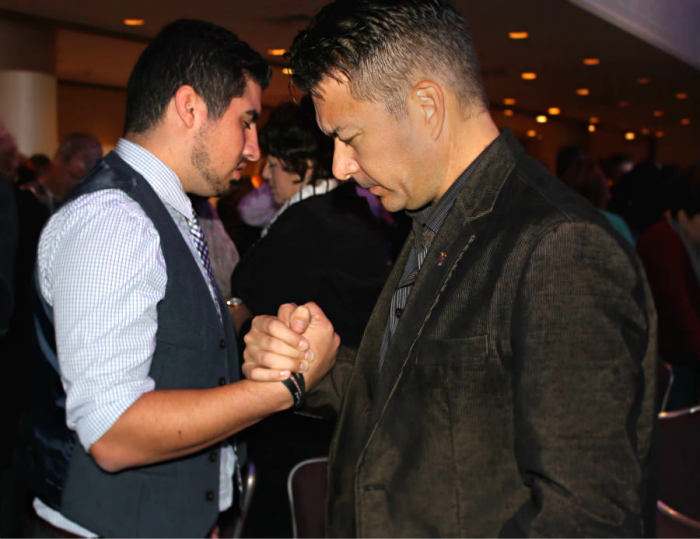Movement Day 2013: Urban Ministry Leaders Share Concerns for Cities
"Church is contextual and communities change," said Bernard. "They change socially, economically, racially, culturally. Over the past 35 years, that area has gone through a dramatic change. In 1947 it was called 'Little Jerusalem.' Then, African-Americans moved in, Caribbean-Americans moved in, Latino-Americans moved in. But now it's part of the economic and social gentrification that's taking place in the borough of Brooklyn. It's moving swiftly across the borough"
The CCC pastor added, "It has implications for the working class, in terms of affordable housing. It has implications socially as to who is in the positions of leadership in these communities [and it's] changing rapidly, we see that in Harlem. So my community is being impacted the same way."
Bernard also commented on whether churches should simply stick to "saving souls," and avoid political matters.
"That's quite naive," said the megachurch leader. "Politics affects the level of education, the quality of life of their members, and the church is a social-cultural institution. To bury our head in the sand and say [it] doesn't affect us is ridiculous. Scripture [tells] us 'pray for those in power, pray for those in authority, presidents, kings,' etc. so we lead peaceful lives. So obviously, our peace is tied to what's happening socially and politically in the communities that we serve."
Movement Day 2013 took place at the Marriott Marquis in New York City's Times Square on Thursday, Oct. 10, 2013. Below are more images from the day's gathering of "leaders changing cities through gospel moments."
